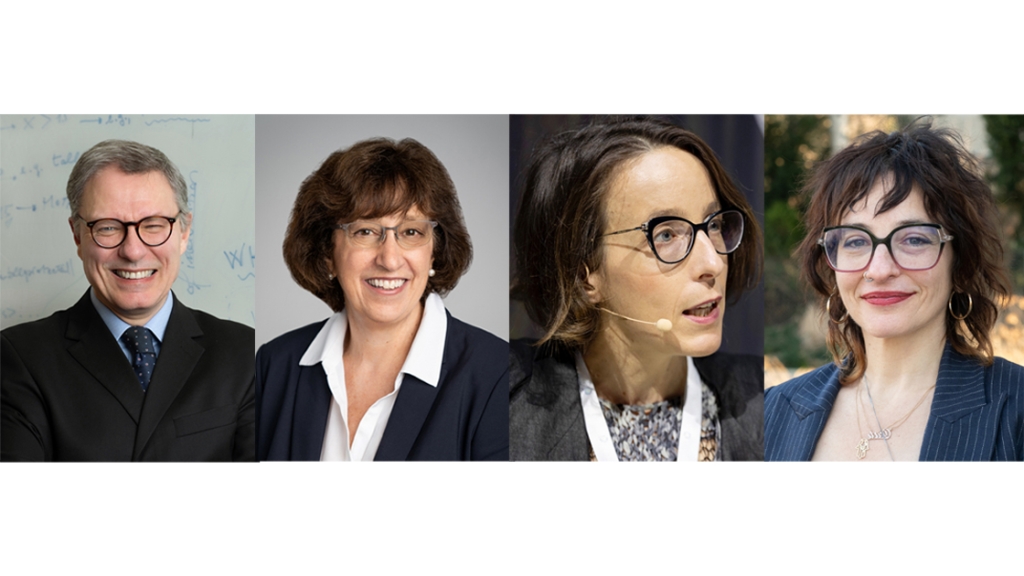This series of fellows brings together world-renowned experts in thinking about language, freedom of expression, and agency in relation to technological systems generally, and artificial intelligence specifically. All four speakers have taken up these intersecting concerns in their academic work. They have addressed technical, legal, cultural, and philosophical aspects of computer-mediated communication and decision making. Each has produced major contributions to our collective understanding of the threats and possibilities for human agency in the present moment.
Luciano Floridi
Luciano Floridi is founding director of Yale's Digital Ethics Center and Professor in the Practice in the university's Cognitive Science Program. An influential philosopher of computing, Floridi has conducted research on information, agency, and artificial intelligence. He has produced important theorizations of information and the infosphere, the broader environment in which information, devices, and software operate on other objects and people. In Floridi's latest work on artificial intelligence he argues that this technology is less an intelligence than what he calls a "reservoir of smart agency." He decouples the notion of intelligent behavior from artificial intelligence in order to draw attention to the way AI systems continue to act, to successfully solve problems and complete tasks, in the absence of anything that could be described as human intelligence.
Martha Pollack '79
Martha Pollack is president emerita of Cornell University. Before taking up the presidency at Cornell, she was provost and executive vice president for academic affairs at the University of Michigan. Prior to becoming an administrator, Pollack conducted research on artificial intelligence and served as the president of the Association for the Advancement of Artificial Intelligence (AAAI). She is a fellow of the American Association for the Advancement of Science, the Association for Computing Machinery, and the Association for the Advancement of Artificial Intelligence. As president of Cornell, she prioritized freedom of expression, one of the six core university values articulated in 2019, and made this topic a university-wide theme for the 2023–2024 academic year. A highly interdisciplinary researcher, her undergraduate major at Dartmouth was linguistics, and she has had a career-long interest in language, conversation, and communication.
Sylvie Delacroix
Sylvie Delacroix is a philosopher and legal theorist. Her work addresses the ethical, legal, and political dimensions of technology. She has published work on habit, an area of human life that she describes as "both nature and 'more than mere' nature." In addition to theorizing digital ethics, she has also contributed to policy work on trust and transparency in relation to governmental use of data and the use of algorithms in criminal justice. Her work has had important implications for thinking about human ethical agency in the face of rapidly growing data archives and automated systems.
Orit Halpern '94
Orit Halpern is a media scholar and historian of science. She has researched the intertwined histories of computing, science, and design. Her analysis links mid-twentieth century perceptual and information systems with accounts of capitalism and contemporary economic thought through the description and operation of neural networks and machine learning emerging in the 1950s. These technologies have become the basis for today's artificial intelligence. The ways of thinking that emerged in this earlier moment sought to displace human agency and reason with "distributed intelligence and the technology of the market." In her latest work, Halpern takes up the proliferation of so-called "smart" devices and their implication in new modes of politics and economics, as well as their reconfiguration of the built and natural environment.
